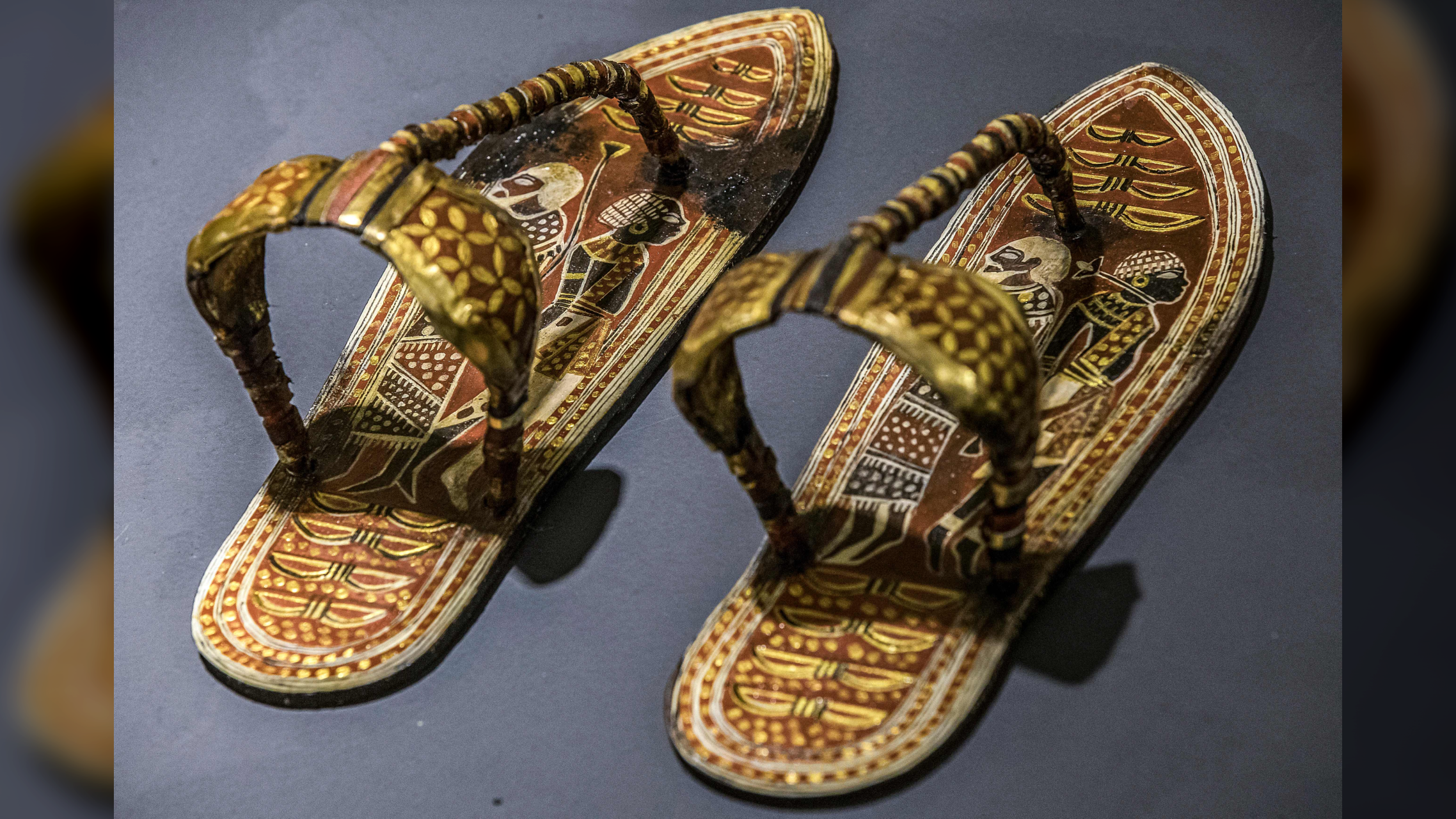For Basketball Brackets, No Edge in Picking Upsets
Get the world’s most fascinating discoveries delivered straight to your inbox.
You are now subscribed
Your newsletter sign-up was successful
Want to add more newsletters?

Delivered Daily
Daily Newsletter
Sign up for the latest discoveries, groundbreaking research and fascinating breakthroughs that impact you and the wider world direct to your inbox.

Once a week
Life's Little Mysteries
Feed your curiosity with an exclusive mystery every week, solved with science and delivered direct to your inbox before it's seen anywhere else.

Once a week
How It Works
Sign up to our free science & technology newsletter for your weekly fix of fascinating articles, quick quizzes, amazing images, and more

Delivered daily
Space.com Newsletter
Breaking space news, the latest updates on rocket launches, skywatching events and more!

Once a month
Watch This Space
Sign up to our monthly entertainment newsletter to keep up with all our coverage of the latest sci-fi and space movies, tv shows, games and books.

Once a week
Night Sky This Week
Discover this week's must-see night sky events, moon phases, and stunning astrophotos. Sign up for our skywatching newsletter and explore the universe with us!
Join the club
Get full access to premium articles, exclusive features and a growing list of member rewards.
When filling out their NCAA brackets, many people try to predict which games will result in upsets – a powerhouse team getting stomped by an underdog – to get ahead in their pool. But this strategy is no better than picking the better-seeded team, a new study shows.
March Madness kicks off today with the play-in game between Winthrop and Arkansas-Pine Bluff. The winner of that game enters the field of 64 college basketball teams that will vie to make it to the Final Four, and ultimately the National Championship, to be played on April 5.
The 64 teams are divided into four regions and seeded from 1 to 16 by a selection committee.
Before the tournament gears up, millions of sports fans will be filling out their brackets with their predictions of who will win each game to move on to the next round.
Many will stick by the tried-and-true strategy of picking the higher-ranked (or lower-numbered seed) teams to win, but many will also try to pick upsets where a lower-ranked team wins to give them an edge over their more conservative bracket-picking colleagues.
"Picking the lower seed is a good strategy, but people think, 'I can't win by doing that because everyone else is doing this,'" said Ed Hirt, a psychologist at Indiana University.
Hirt and his colleague Sean McCrea, of the University of Wyoming, set out to see if people chose upsets based on a phenomenon called probability matching and whether or not the approach was more successful than sticking to the seeding.
Get the world’s most fascinating discoveries delivered straight to your inbox.
Probability matching describes a scenario in which individuals predict a specific outcome based on an existing rate of occurrence. So for example, in the first round of the NCAA tournament, sports experts often expect there to be an upset in a No. 5 and No. 12 seed matchup, and bracket bettors will try to pick which of the four matchups between a 5 seed and a 12 seed will result in an upset.
"People feel like they've just got to pick upsets," Hirt told LiveScience. (Hirt even admits that he falls for picking the upsets himself when filling out his own bracket.)
For their study, Hirt and McCrea examined NCAA tournament results from 1985 to 2005 and the first-round predictions of more than 3 million entries in an ESPN Tournament Challenge.
They found that picking upsets didn't result in any better results than sticking to the rankings.
"It seems that people who follow basketball are aware of the possibility of upsets and fool themselves into believing that they can figure out which upsets will happen," Hirt said. "The problem is that the tournament seedings summarize most of the useful information one could use (win-loss record, strength of schedule, etc.), and so the upsets are much less predictable than one might think."

Andrea Thompson is an associate editor at Scientific American, where she covers sustainability, energy and the environment. Prior to that, she was a senior writer covering climate science at Climate Central and a reporter and editor at Live Science, where she primarily covered Earth science and the environment. She holds a graduate degree in science health and environmental reporting from New York University, as well as a bachelor of science and and masters of science in atmospheric chemistry from the Georgia Institute of Technology.
 Live Science Plus
Live Science Plus










